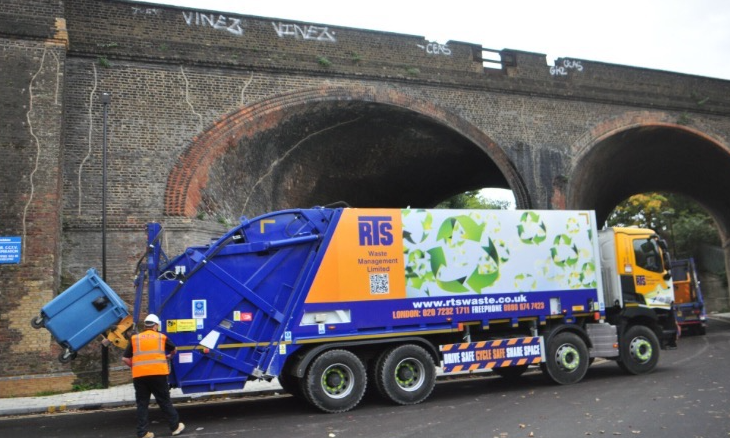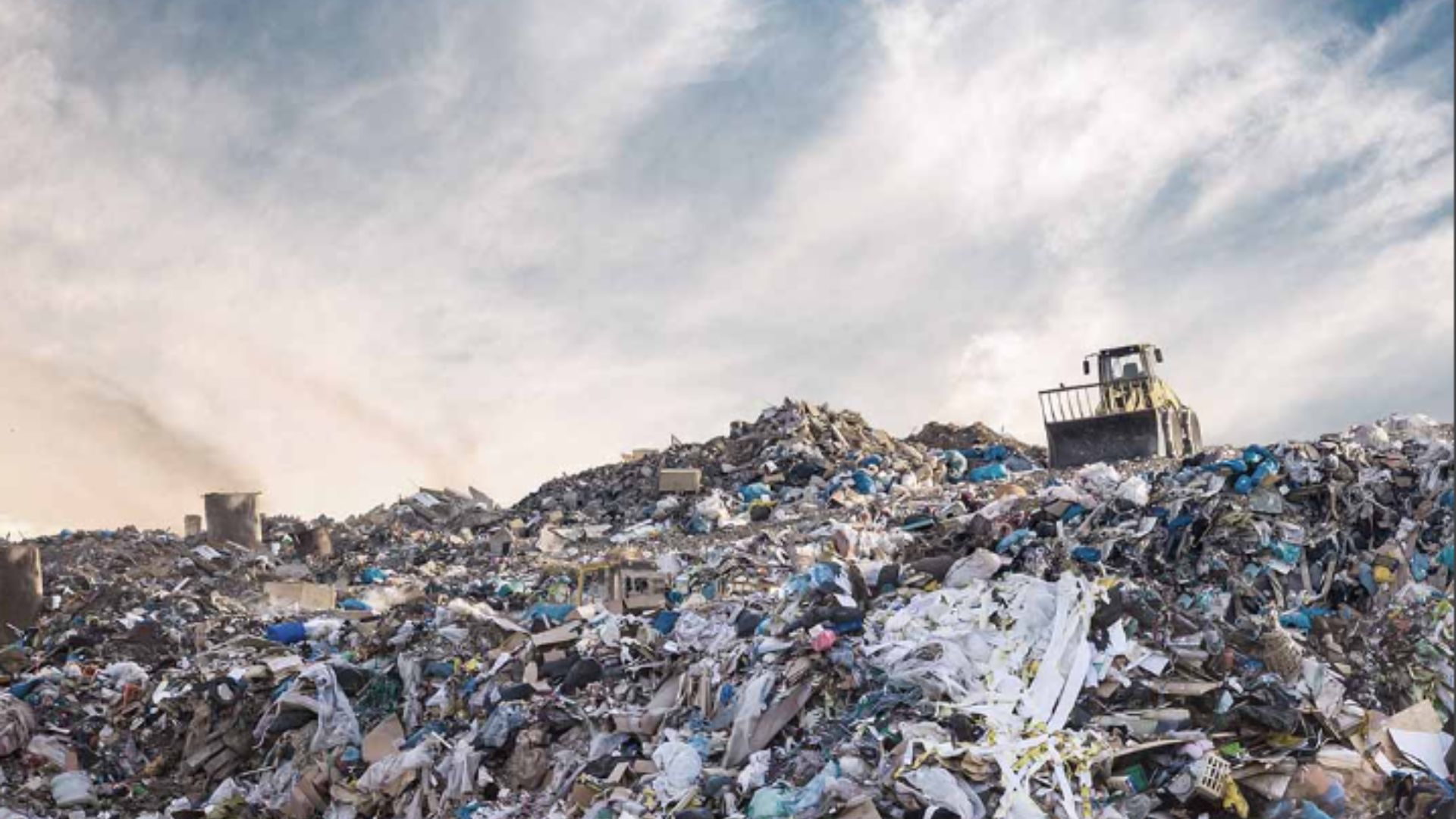In the fast-paced and increasingly consumer-driven world of today, waste management has emerged as a crucial and integral aspect of maintaining a sustainable environment. Waste management companies play a pivotal role in collecting, processing, and disposing of waste materials while minimizing their impact on the environment. With growing concerns about pollution, resource depletion, and climate change, these companies have become indispensable in our efforts to preserve our planet for future generations.
The Evolution of Waste Management
Waste management practices have evolved significantly over the years, transitioning from simple waste disposal methods to more sophisticated and environmentally conscious strategies. The emergence of waste management companies has been instrumental in driving these changes. These companies offer specialized services that cater to the unique waste disposal needs of various industries and communities.
Collection and Segregation
Transitioning to more structured waste collection processes, waste management companies utilize efficient collection systems to gather waste materials from residential, commercial, and industrial areas. Using state-of-the-art technologies, they ensure that waste is segregated at the source, allowing for easier recycling and reducing the amount of waste sent to landfills.
Technological Advancements
Incorporating cutting-edge technologies such as IoT-based sensors and data analytics, waste management companies optimize their operations for greater efficiency. These technologies enable real-time monitoring of waste bins. Hence, this lead to better route planning for collection vehicles and minimizing unnecessary fuel consumption.
Recycling and Resource Recovery
One of the most significant contributions of waste management companies is their emphasis on recycling and resource recovery. Through advanced sorting and processing techniques, they extract valuable resources from waste streams, reducing the demand for new raw materials. This not only conserves natural resources but also lessens the environmental impact associated with extraction and production processes.
Waste-to-Energy Conversion
In the pursuit of sustainable alternatives, many waste management companies are investing in waste-to-energy conversion technologies. These processes involve converting non-recyclable waste into energy sources such as electricity or heat. This innovative approach not only reduces the volume of waste sent to landfills but also contributes to the generation of clean energy.
Community Awareness and Education
Waste management companies are actively engaged in raising public awareness about responsible waste disposal. They conduct educational programs and campaigns to promote recycling, proper waste segregation, and the adoption of eco-friendly practices in daily life.
Environmental Preservation
By efficiently managing waste, these companies play a critical role in preserving the environment. They help mitigate the harmful effects of waste pollution on soil, water bodies, and the atmosphere. Moreover, their efforts contribute to reducing greenhouse gas emissions, thereby aiding in the global fight against climate change.
Economic Benefits
Waste management companies not only have environmental benefits but also provide significant economic advantages. They create employment opportunities in various sectors, including collection, processing, and technology development. Additionally, the recycling and repurposing of materials lead to reduced production costs for industries that rely on these resources.
Challenges and Future Prospects
While these companies have made remarkable strides, they also face challenges. The ever-increasing volume of waste, evolving waste compositions, and regulatory complexities require constant adaptation. However, these challenges also present opportunities for further innovation and collaboration.
Conclusion
In conclusion, these companies stand as guardians of our environment, playing a pivotal role in maintaining ecological balance and sustainable development. Their services extend beyond waste collection to encompass recycling, resource recovery, technological innovation, and community engagement. As we navigate the complex challenges posed by waste generation and environmental degradation, the contributions of waste management companies become even more indispensable in shaping a greener and healthier future for all. Through their efforts, we can strive for a harmonious coexistence between human progress and the preservation of our precious planet.




